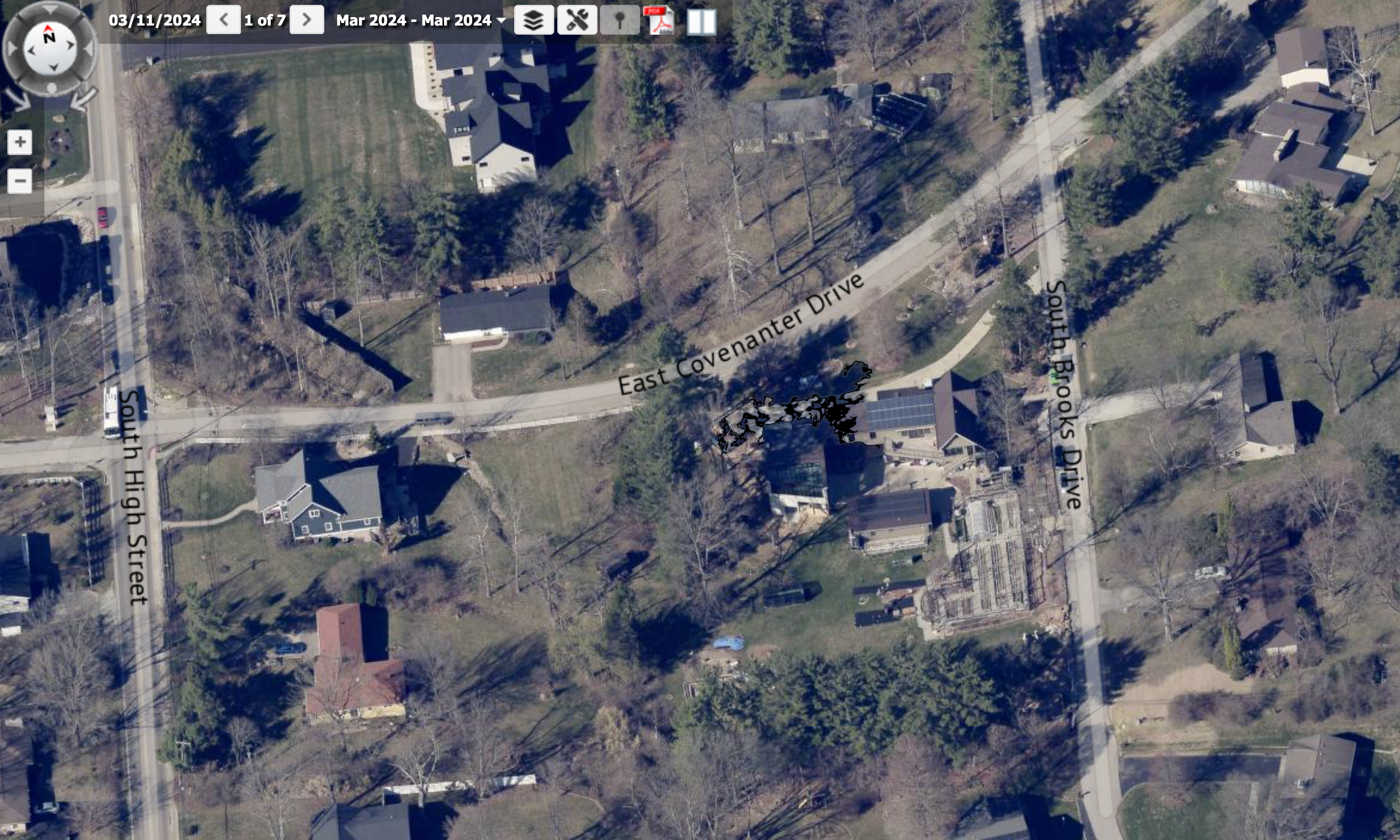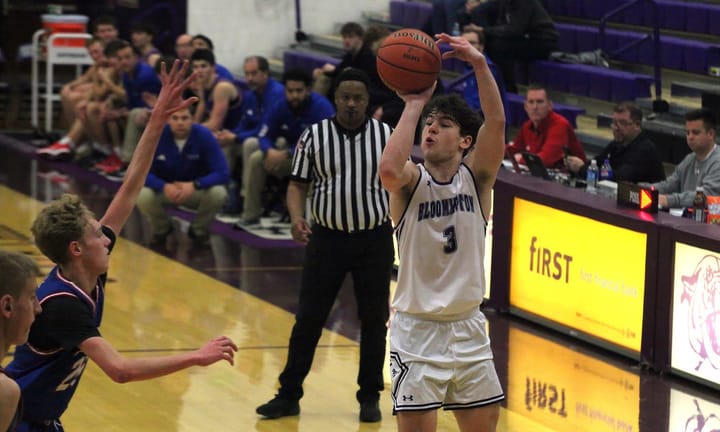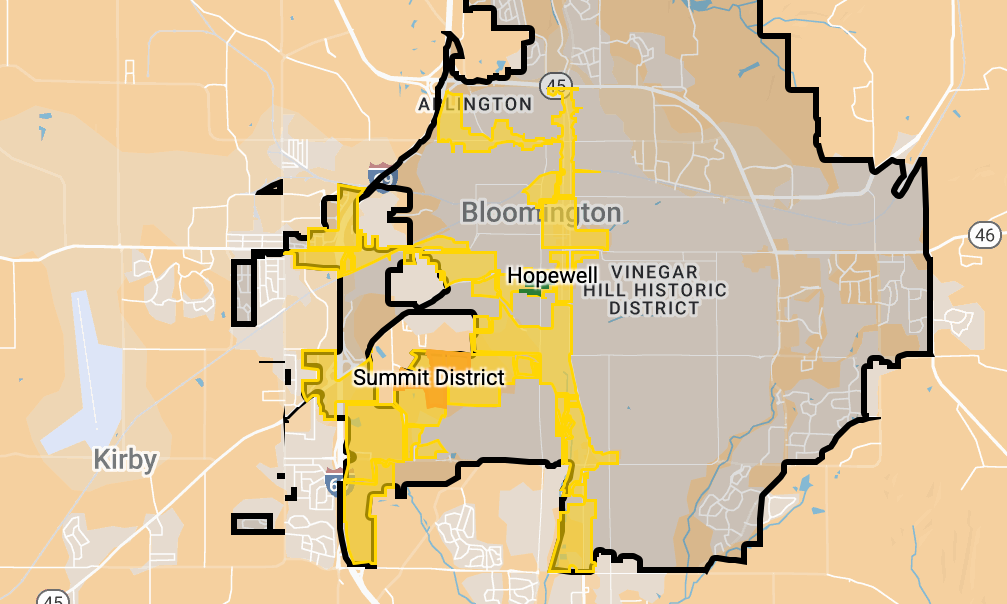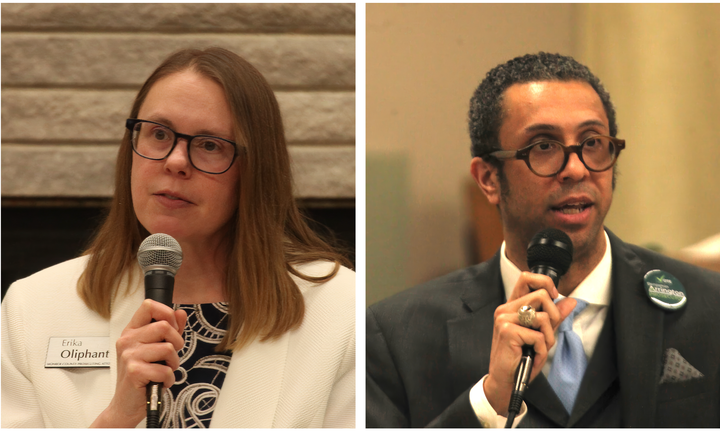Bloomington says no to commercial urban agriculture use in residential areas
Bloomington’s city council voted 7–1 to reject an ordinance creating a new “urban agriculture” land use allowing outdoor garden classes and small-scale commercial farming in residential areas. Supporters cited food security; opponents called it the wrong approach to allowing outside teaching.


At the Bloomington city council’s vote last Wednesday, a proposed ordinance to create a new land use, “urban agriculture, commercial,” was rejected with just one vote of support.
An amended version, which among other things replaced the new use name with “urban agriculture, farmstead” was not enough to convince the council to approve the ordinance.
The ordinance stemmed from the interest that a property owner in the Covenanter Drive neighborhood had in teaching outdoor garden classes on the property. The ordinance would have allowed small-scale commercial urban agriculture—including outdoor gardening classes and on-site employees—as a conditional accessory use in residential neighborhoods.
The ordinance was forwarded to the city council mid-August by the plan commission with a 5–3 vote recommending approval. The consideration of the ordinance by the plan commission came in the context of potential litigation.
The outcome of the city council’s vote and the reason for it was foreshadowed during the first substantive deliberations by the council on the issue, which came on Oct 22. At the council’s late October meeting, councilmember Kate Rosenbarger said that the problem to be solved could have been more easily addressed with a change to regulations in the unified development ordinance (UDO) on home occupations—instead of creating a new kind of allowable land use.
At the Oct. 22 meeting Rosenbarger called the proposed ordinance “a convoluted way to allow teaching on properties outside.” She said, “I think looking at ‘home occupation’ and allowing outside teaching, or just allowing outside teaching somewhere else on our residential lots, is the way to go.”
The city council’s vote last Wednesday was 1–7. Not present was Sydney Zulich.
The sole vote in favor came from Isabel Piedmont-Smith, who said, “I’m inclined to go for it—to throw a bit of caution to the wind—and say we are in a climate crisis.” She continued, “We do need to grow more of our own food. We need to learn how to do it. If my neighbors are teaching it, I want to learn from them.” Piedmont-Smith added, “I want to be buddies with somebody who’s grown veggies, because in the future, we’re going to be relying on each other.”
Piedmont-Smith pointed to the current curtailment of SNAP benefits as an indicator that in the future we will be relying more on each other. Piedmont-Smith alluded to the origins of the proposal: “I do think it’s very unfortunate that there has been this acrimony in the neighborhood. ”
It was an adverse decision by the BZA last year that led to the proposal that the plan commission forwarded to the city council. A year ago, at the BZA’s Nov. 14, 2024 meeting, the BZA considered but denied a request from Elisha Spier for her property on East Covenanter Drive to allow a “home occupation” there, so that the GardenQuest nonprofit could teach classes about urban agriculture.
In broad strokes, the request was denied by the BZA based on the fact that a home occupation requires the activity to take place inside the home, but Spier wanted to take students outside.
Still, Spier was able to come to an agreement with the city’s legal team that she would not challenge the BZA’s decision in court in return for the city’s consideration of a change to the UDO. The agreement mentions the Institute for Justice by name as participating in the negotiations.
At the council’s Wednesday meeting, several comments from the public mic, for and against, came from nearby neighbors as well as residents in other parts of the city.
Speaking in favor of the ordinance was Nancy Goswami, who said, “Urban residential farming, backyard farming in various forms, represents a more… sustainable ecological alternative to these big conventional farms that … negatively contribute to our climate and tropical deforestation.” Goswami continued, “Plot farming creates pathways for future generations to gain practical skills and food production, life skills that will be vital as climate change brings new challenges.”
Speaking against the ordinance was Jeff Stake, a professor of law at Indiana University specializing in property and land use controls. He told the city council, “The plan commission has launched a missile to kill a mouse here.” Stake continued, “This is not a slight change. Maybe the zoning ordinance should be changed to allow more teaching of Girl Scouts in various locations. Somehow that became a rationale for allowing commercial activities in residential areas.”
During council deliberations, Dave Rollo questioned the need for a hoop house that is 20-feet tall, a would have been allowed if the ordinance had been approved. “I used to farm. I had [a hoop house] that was 10 foot tall, adequate for me. A 20-foot sounds like something you put a tractor through.”
Rollo said he’s in favor of urban agriculture, adding, “I’m also in favor of a harmonious expansion of urban agriculture … one that is accepted and is embraced by the community.” About the origins of the proposal, Rollo said, “I think that this has not been an optimal approach. It just hasn’t.”
Hopi Stosberg, who had earlier seen the proposed ordinance as the city council’s appointee to the plan commission, was the councilmember who had proposed the amendment to the proposal which was the form of the ordinance that the council voted on.
Even after the amendment passed, Stosberg said, “I still don’t love it.” Stosberg pointed to the fact that the conditional use requirement would mean that a request would still need to be reviewed by the BZA, which she called “an onerous process to some degree.”
Isak Asare questioned whether the proposal was actually about food security, as some supporters had argued, but rather about whether or not people can teach outdoors. Asare ticked through the activities that are already allowed: “You can already grow food on your property. You can already sell food that you grow. You can already teach classes or host educational activities, albeit indoors, related to agriculture. You can already sell produce off site, at farmers markets, to restaurants, through CSAs, et cetera, under Indiana’s home-based vendor rules.”
Matt Flaherty also focused on what the ordinance actually does. He said, “Urban agriculture is and has been allowed in Bloomington. That’s not what this ordinance is about. Farm produce sales are also allowed.” Flaherty continued, “The main substantive change here is related to outdoor educational activities.”
Flaherty said that he does not think the proposed ordinance is “advancing what the Comprehensive Plan and Climate Action Plan say about urban agriculture—which is to allow it, which we do!”




Comments ()